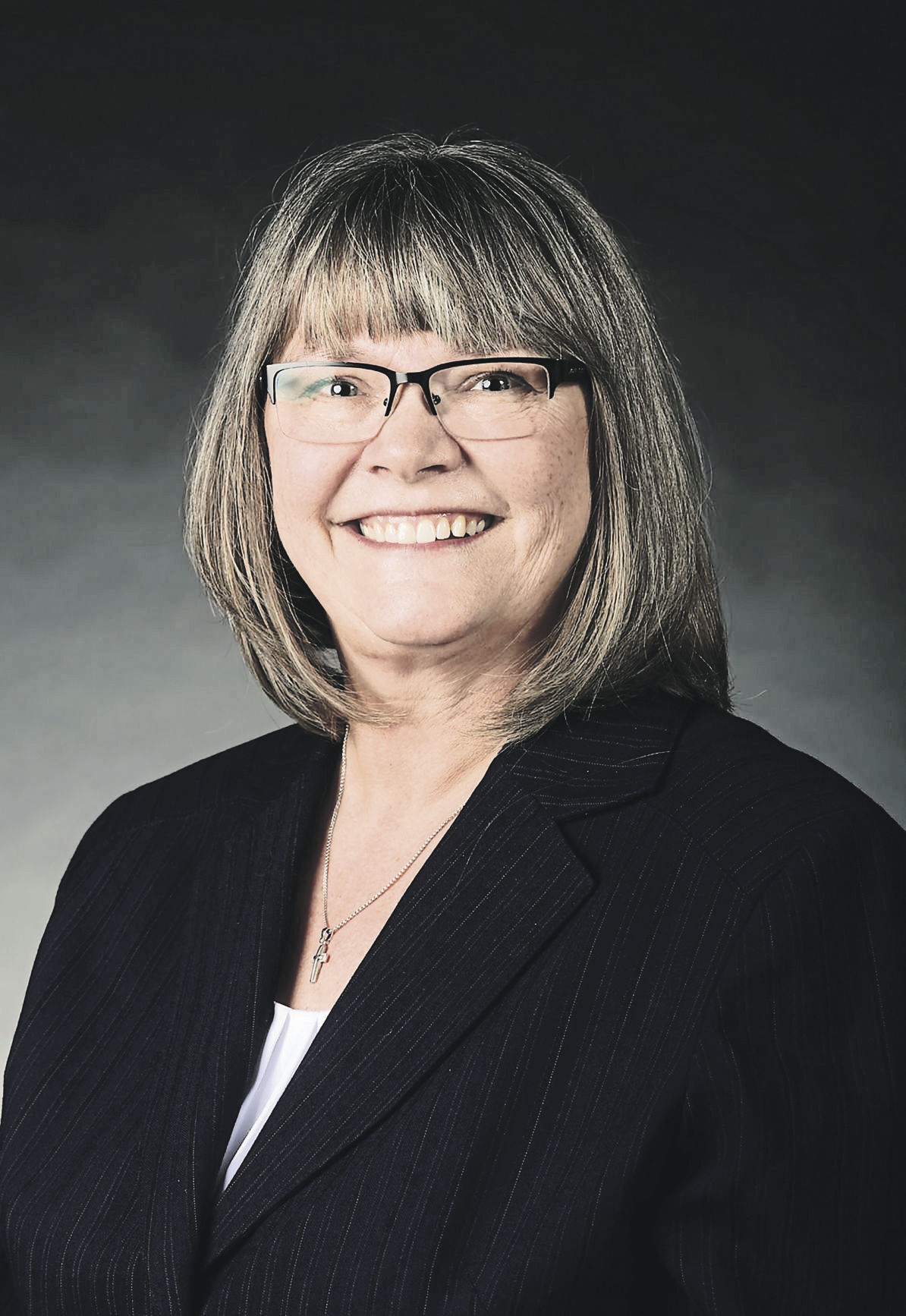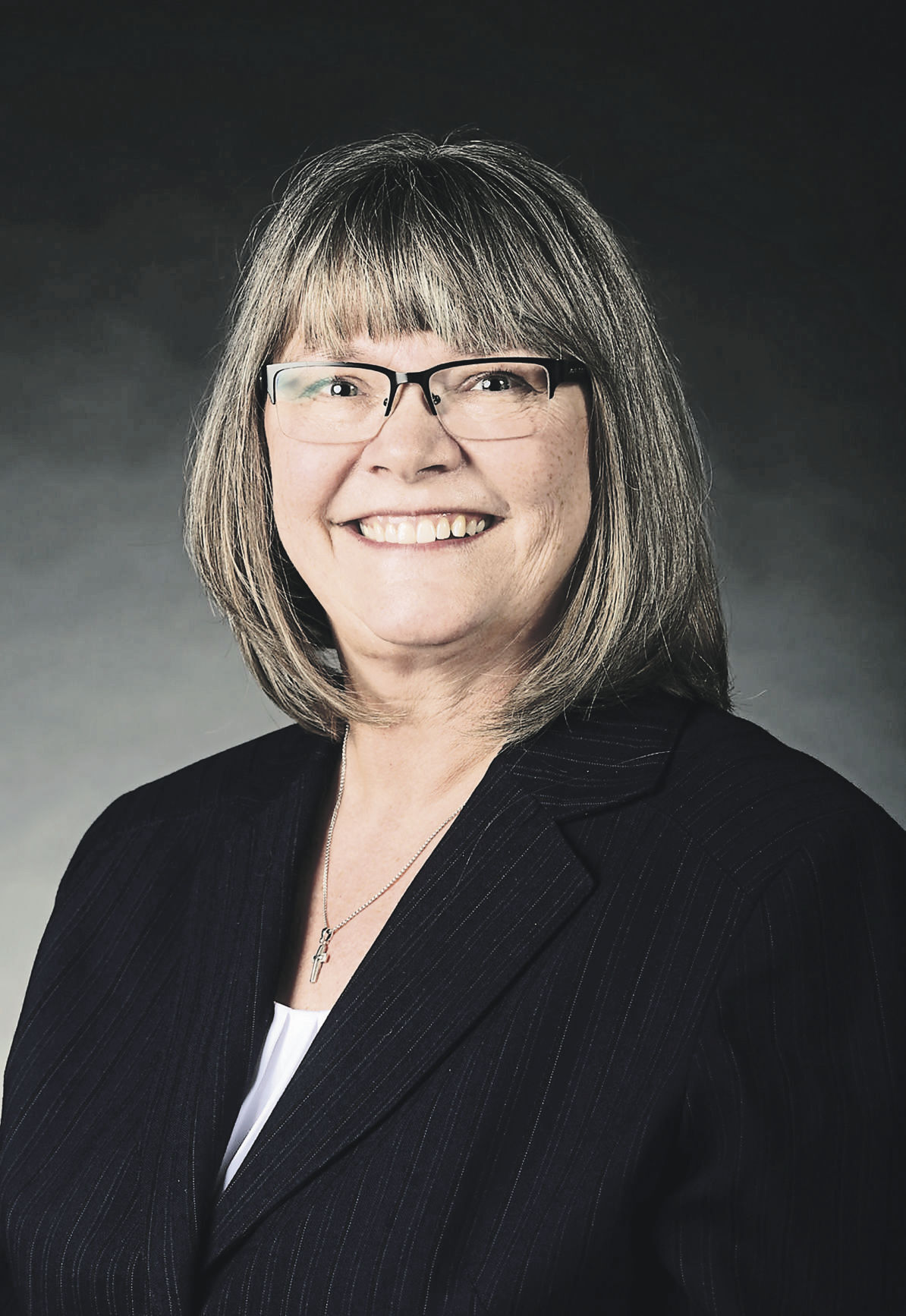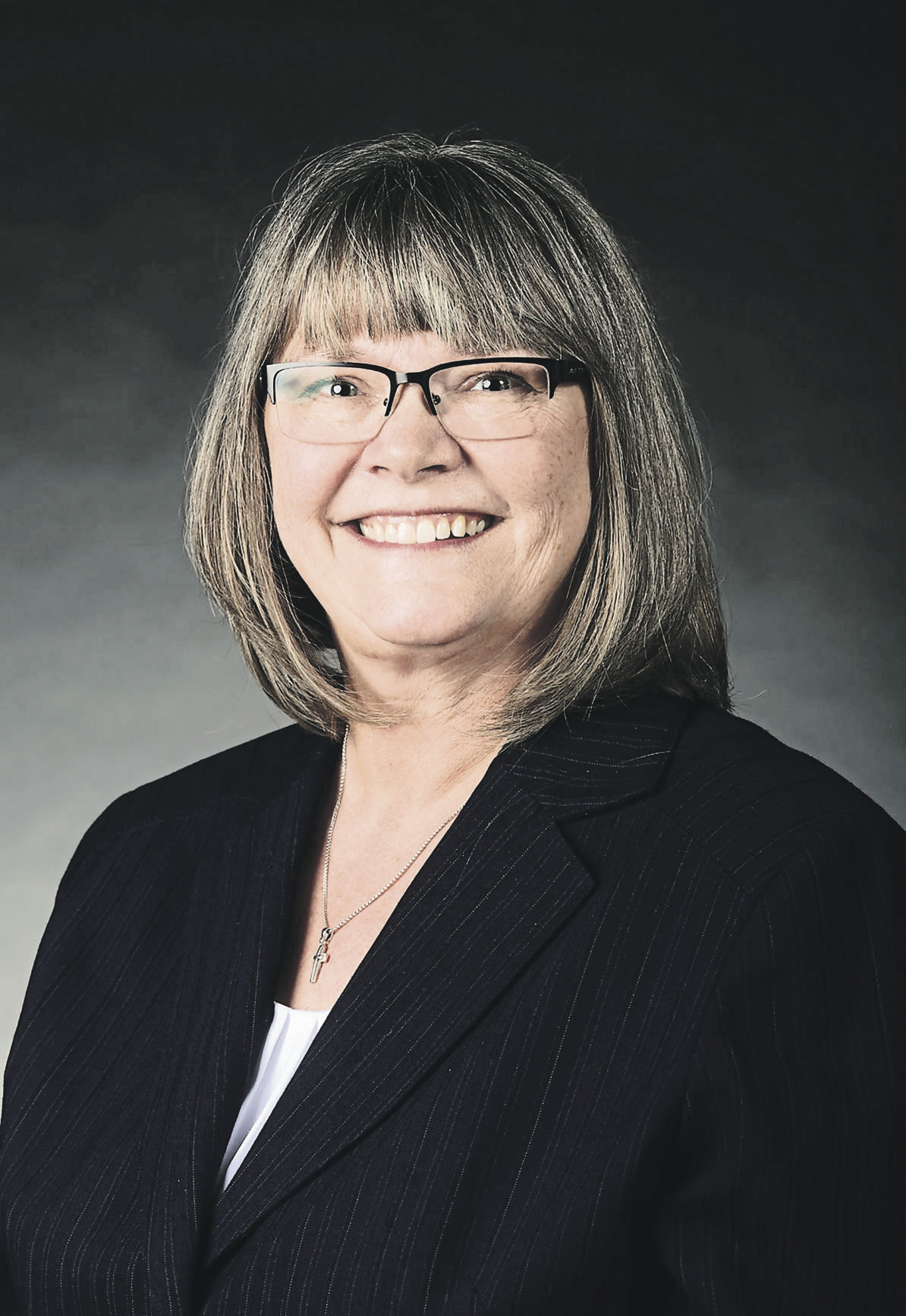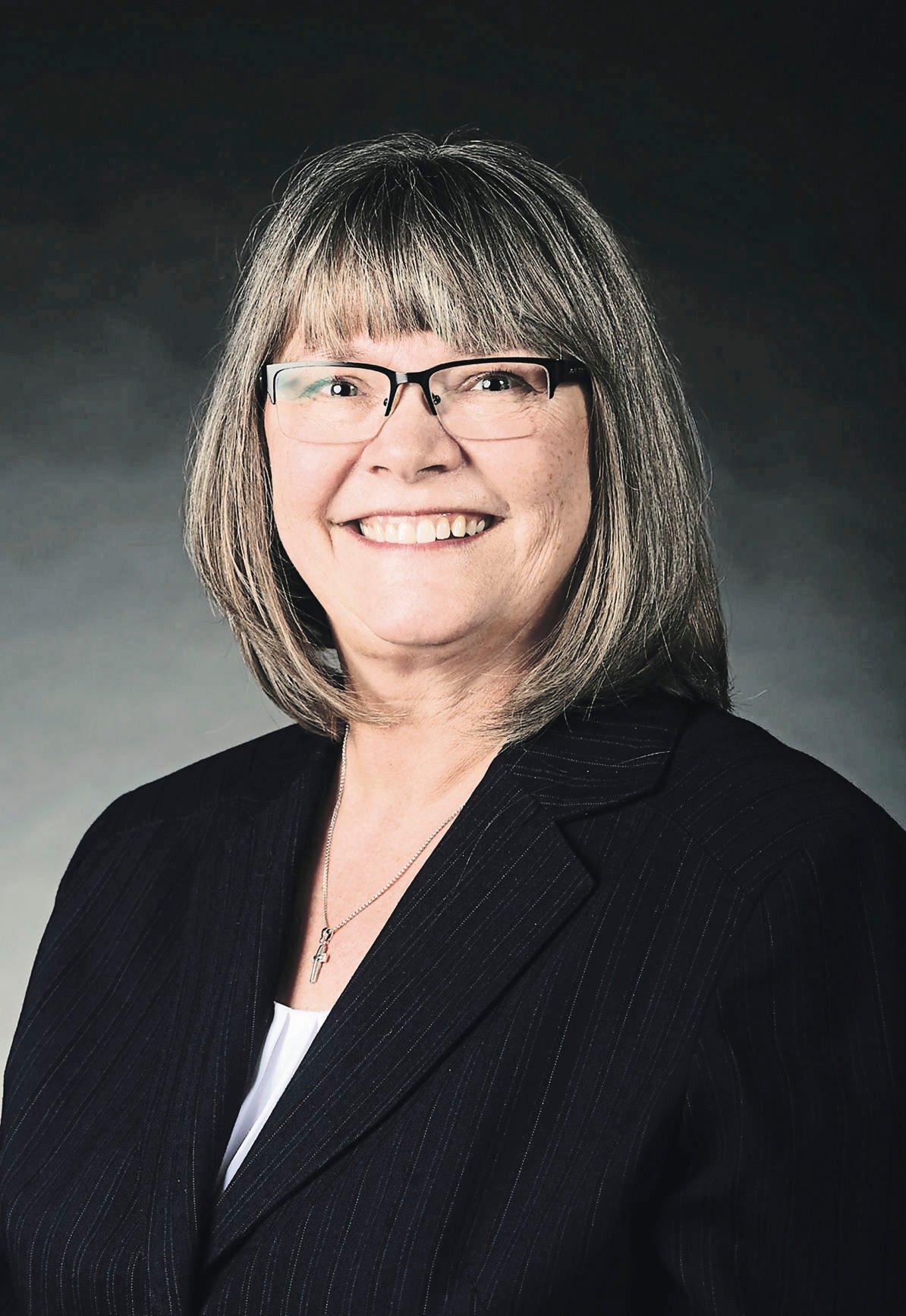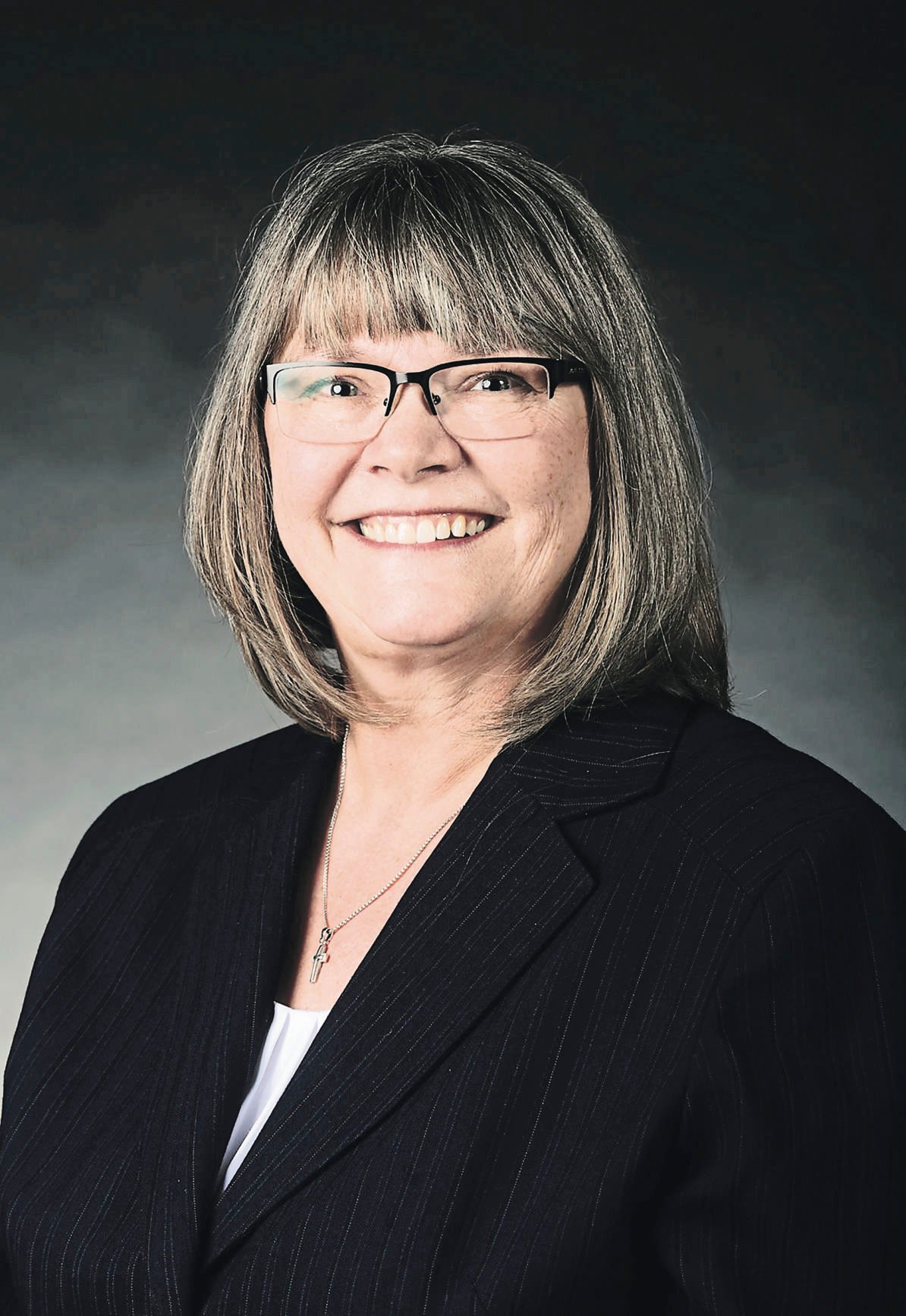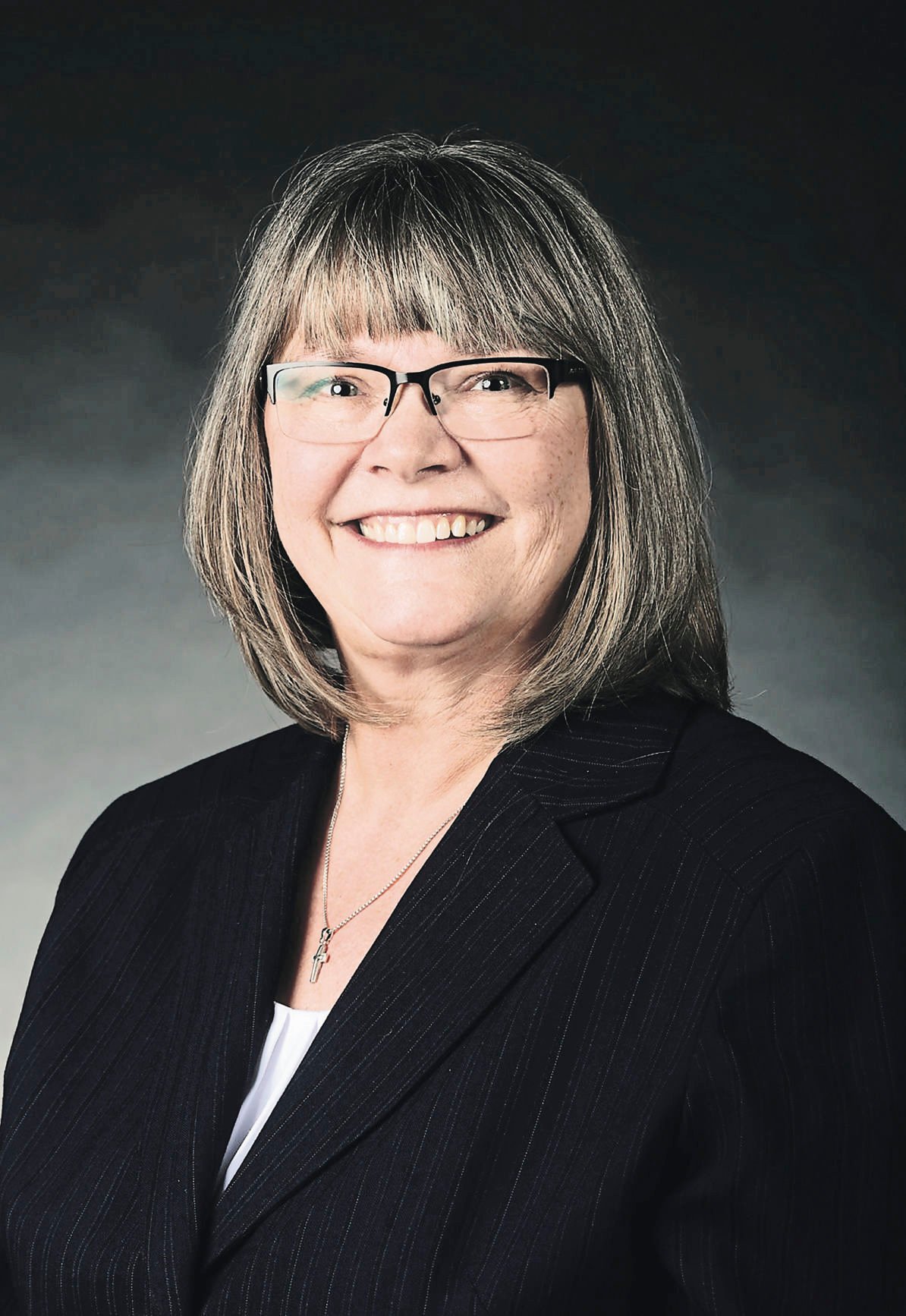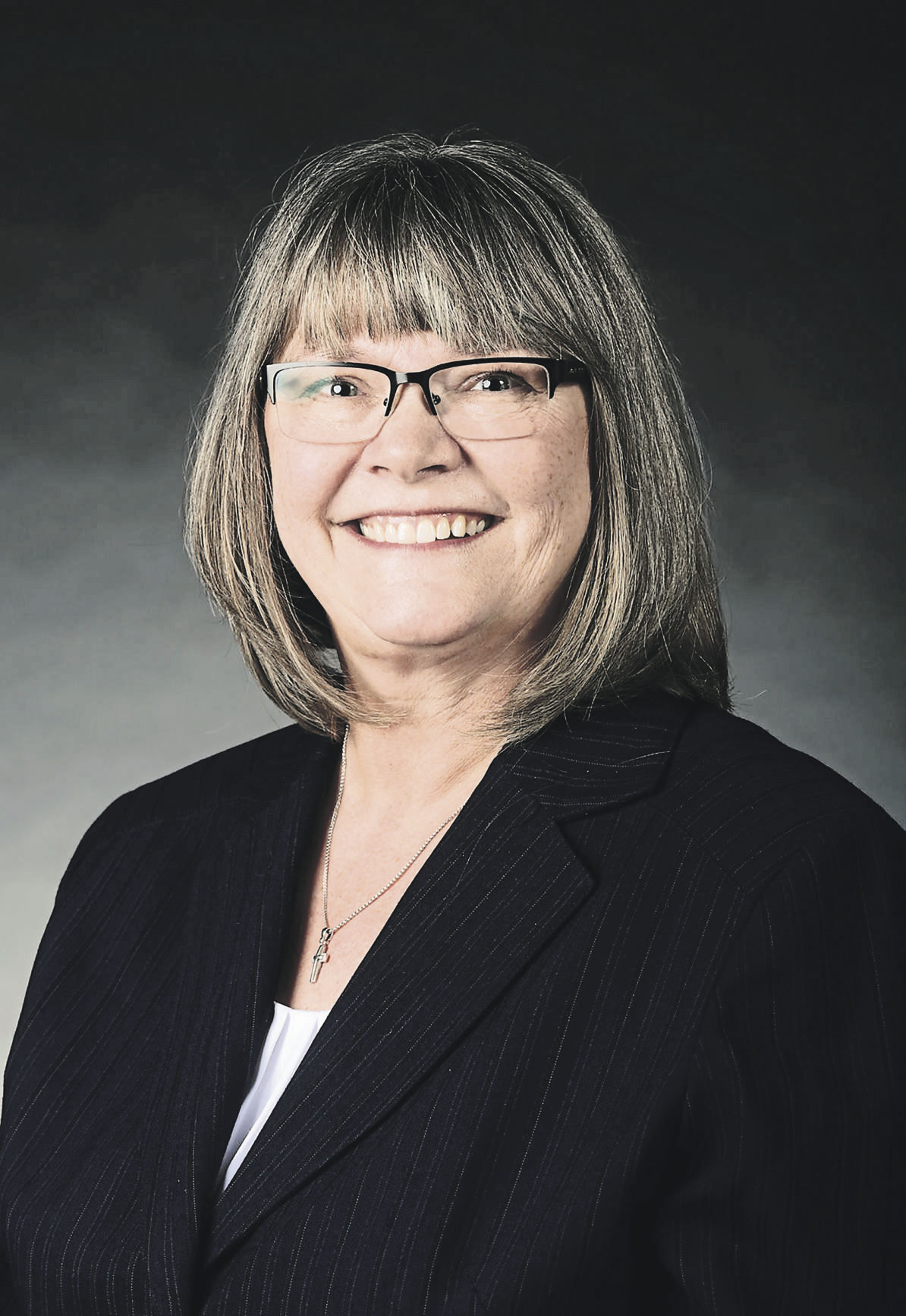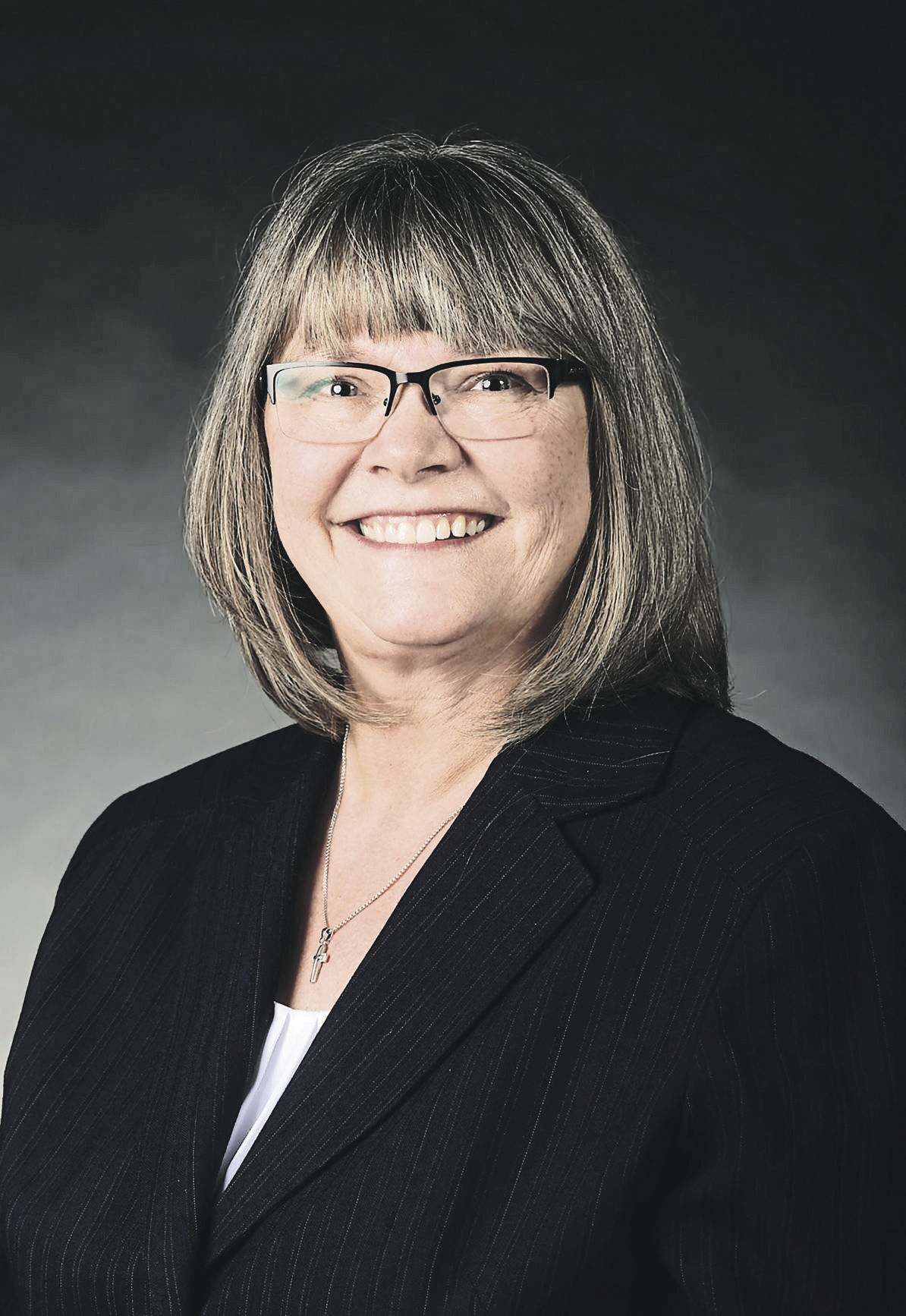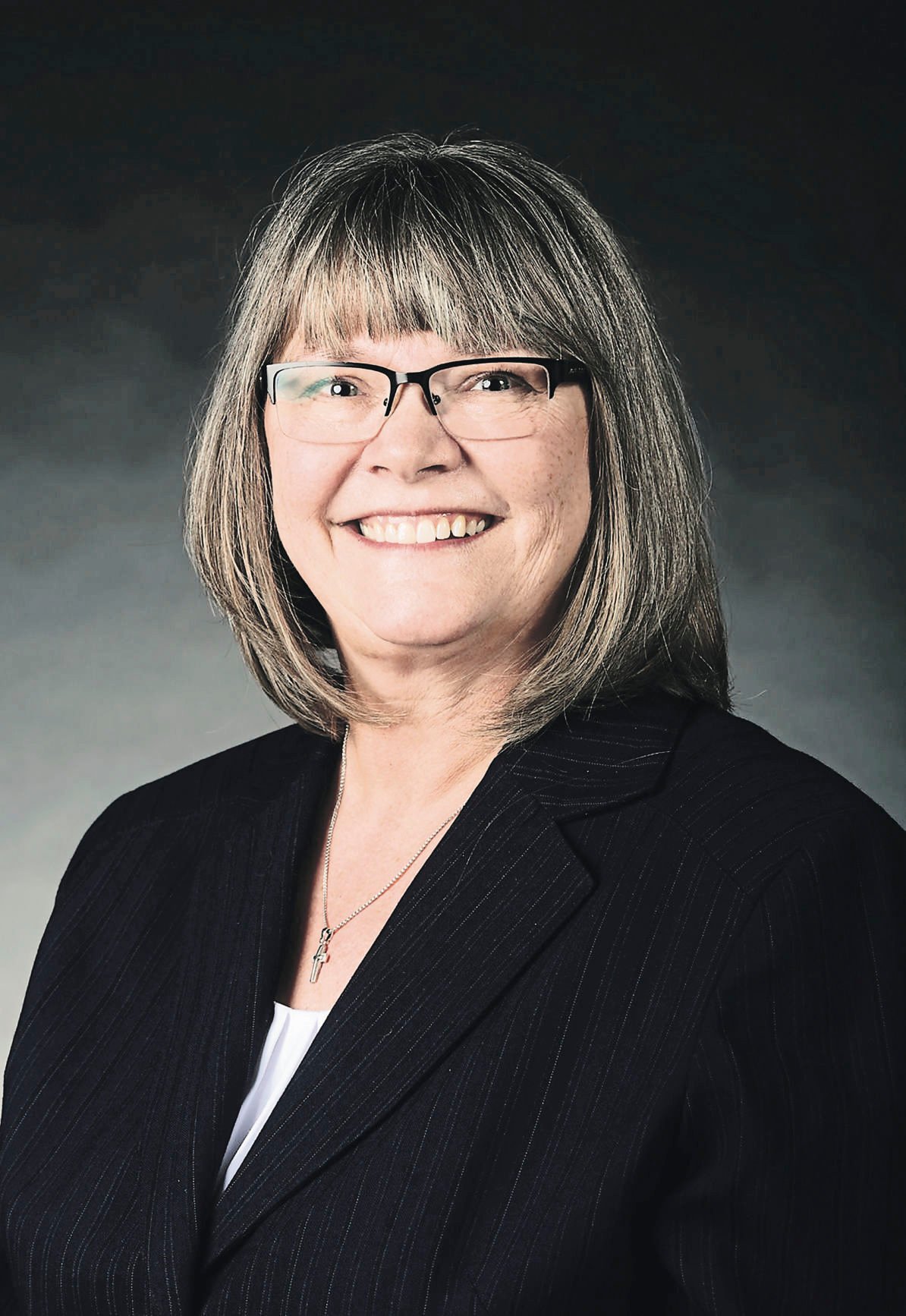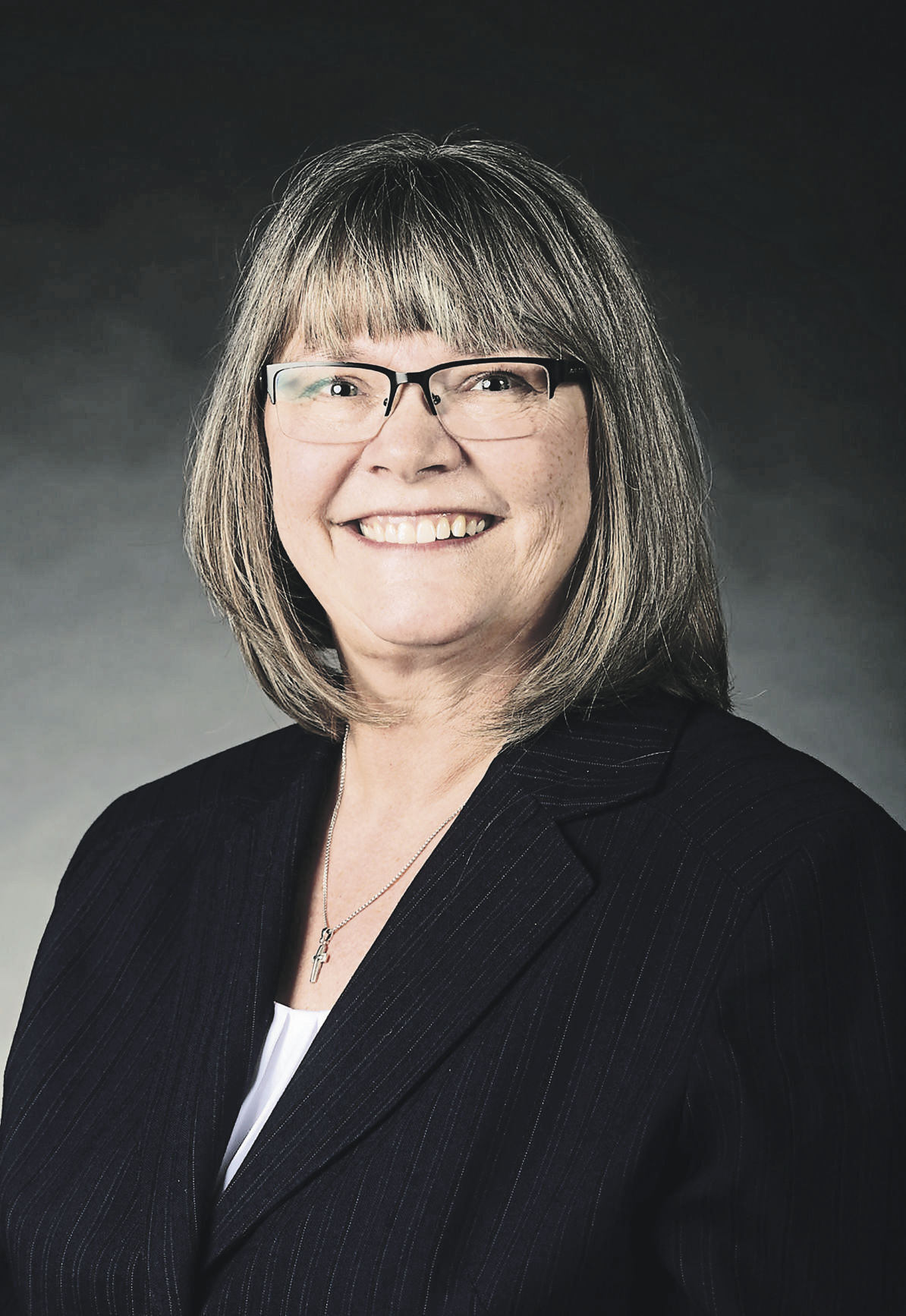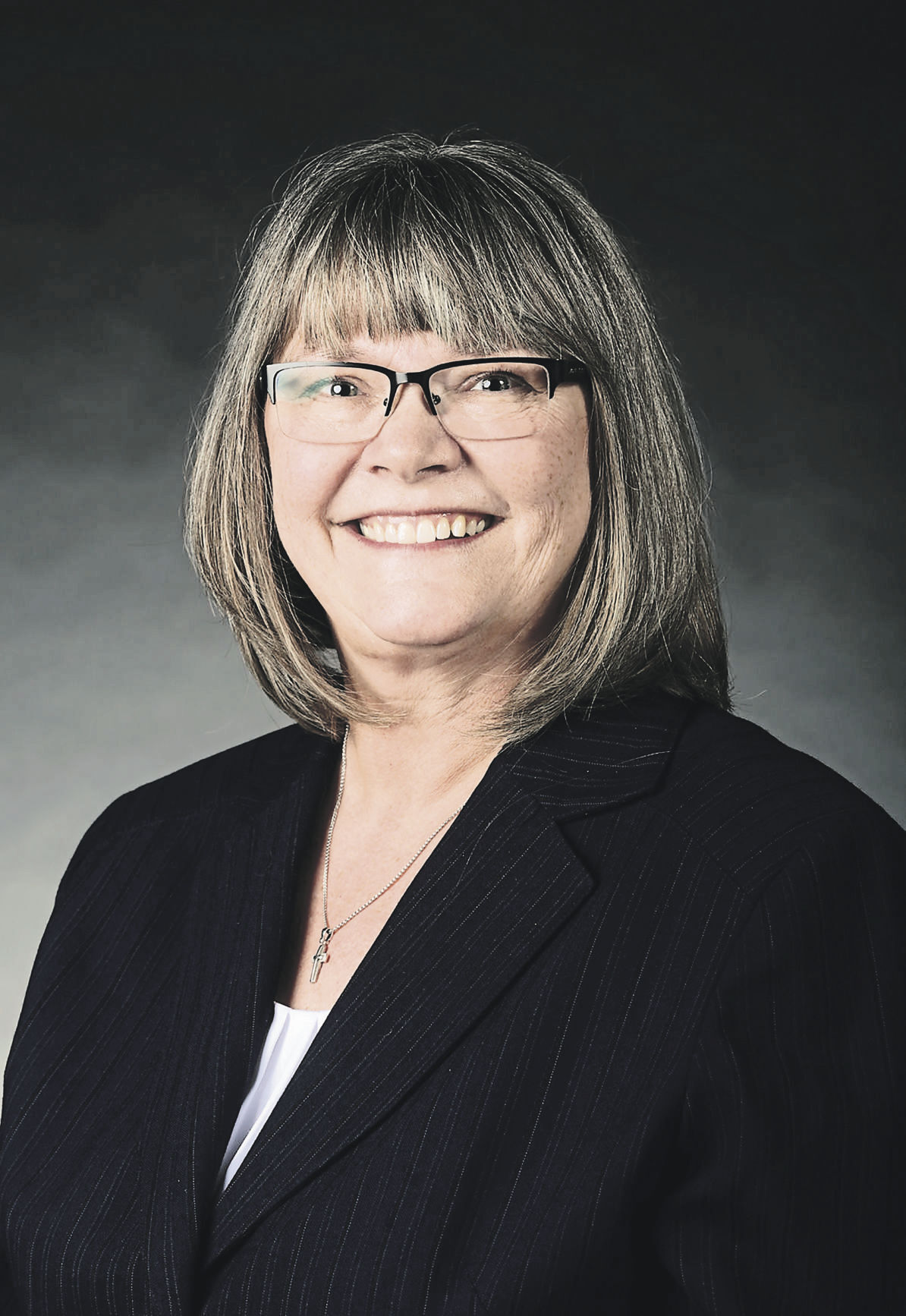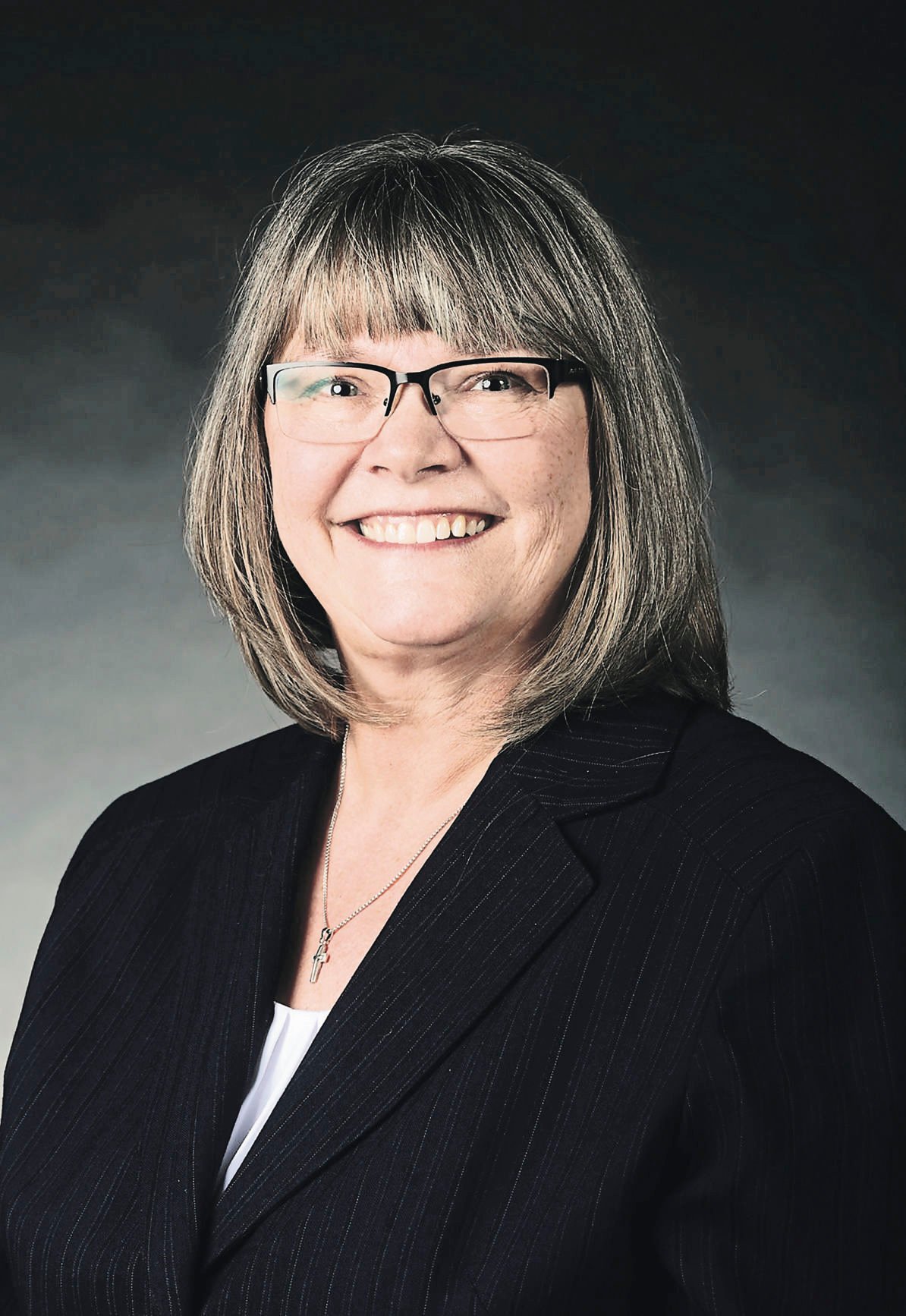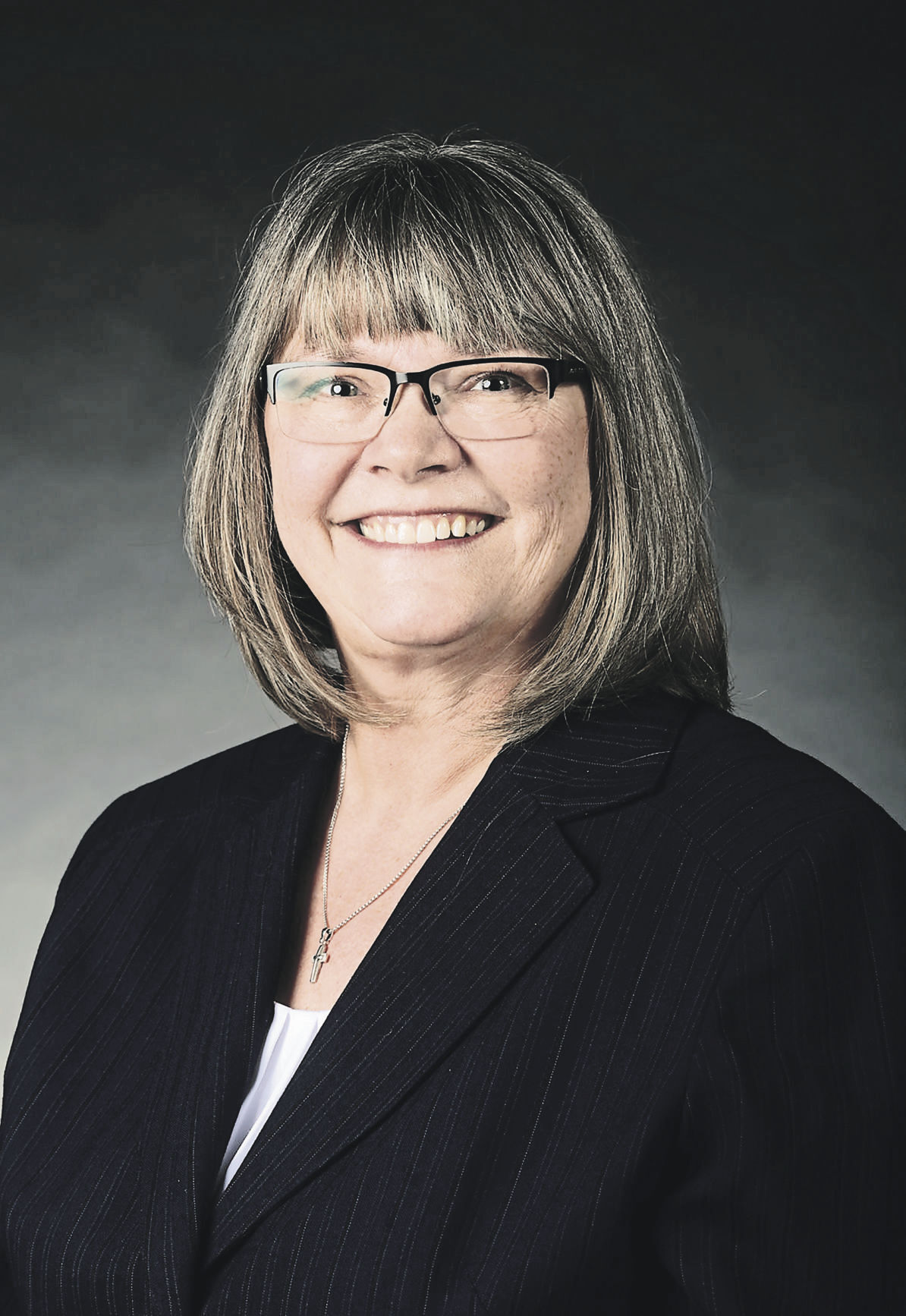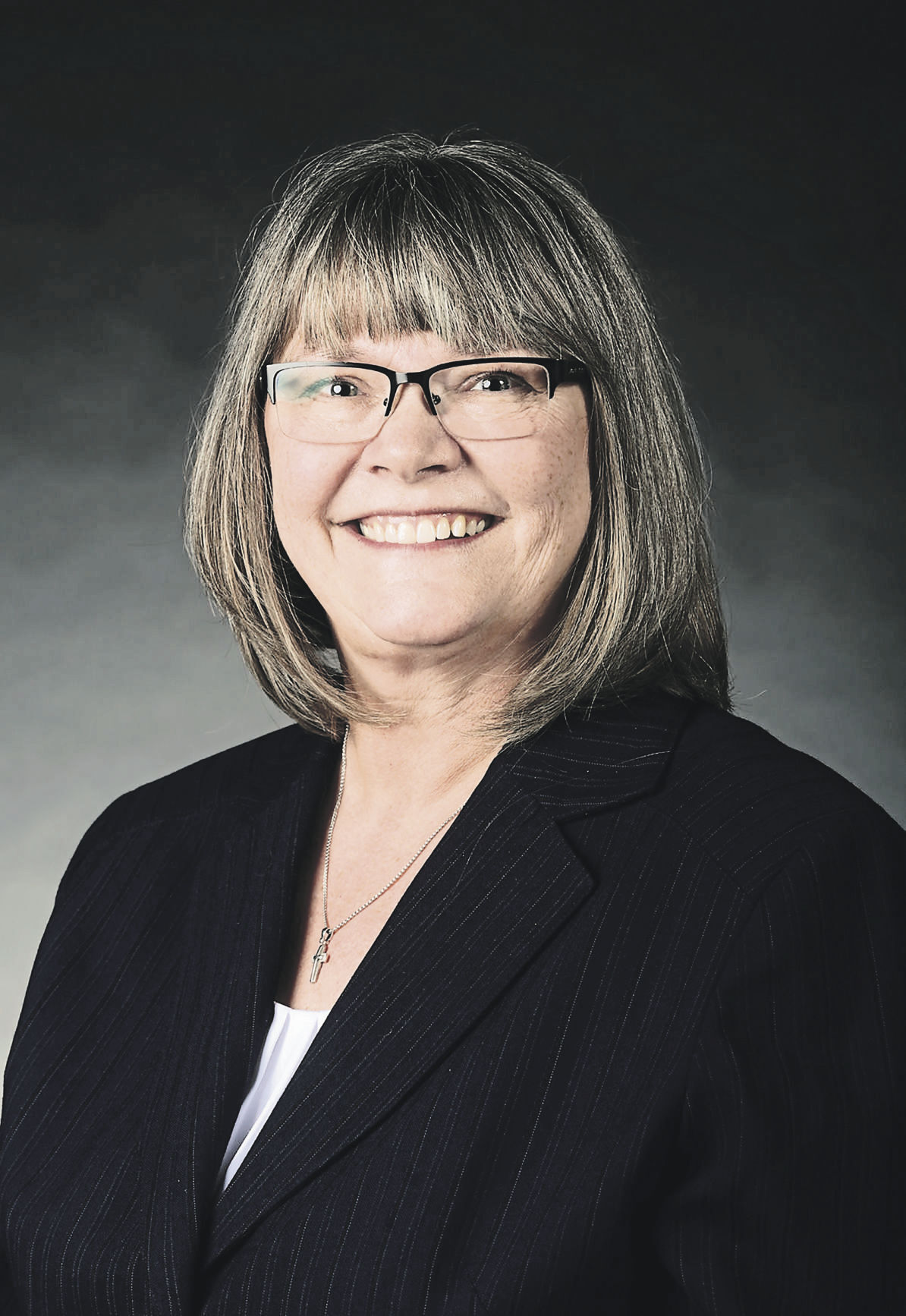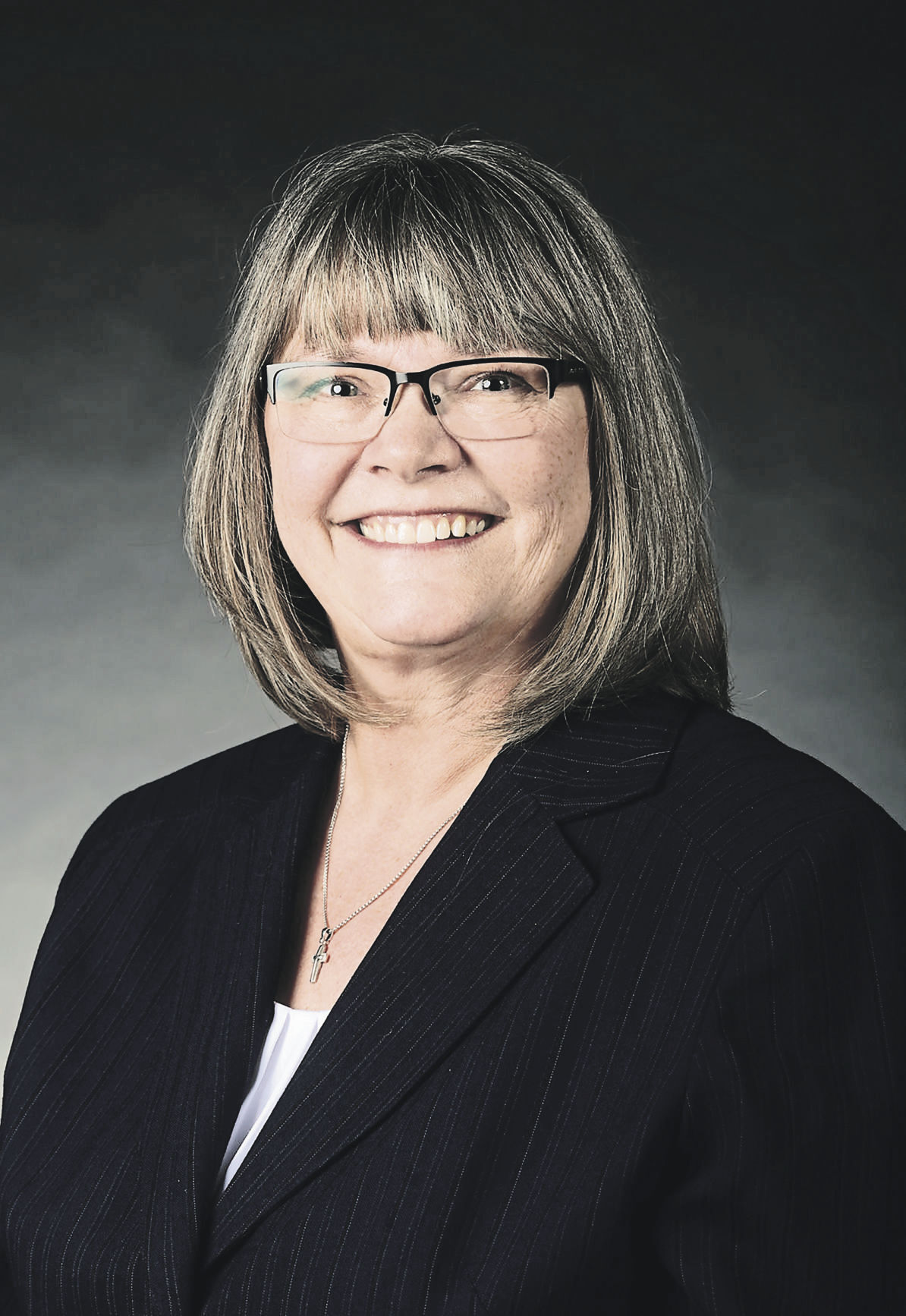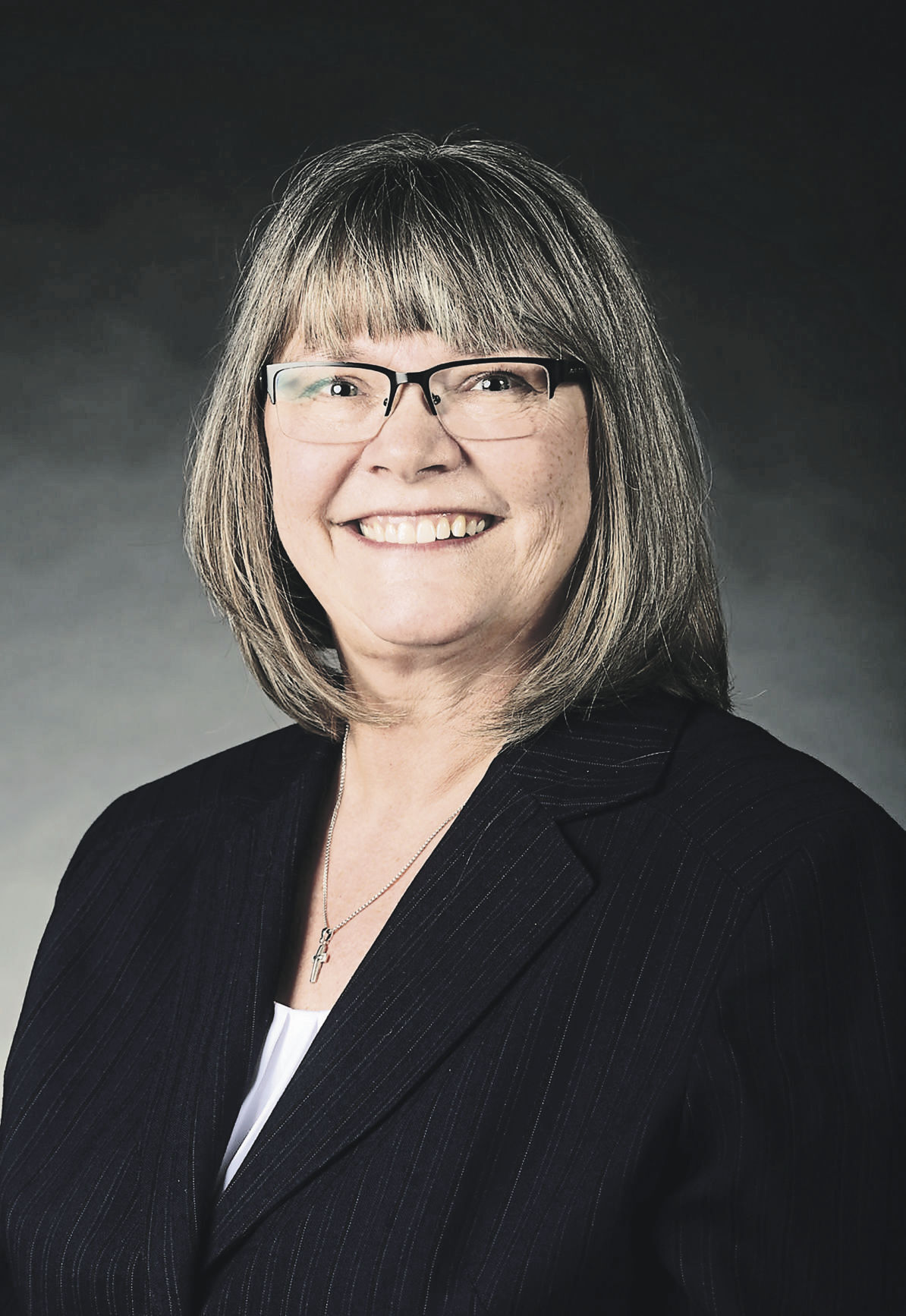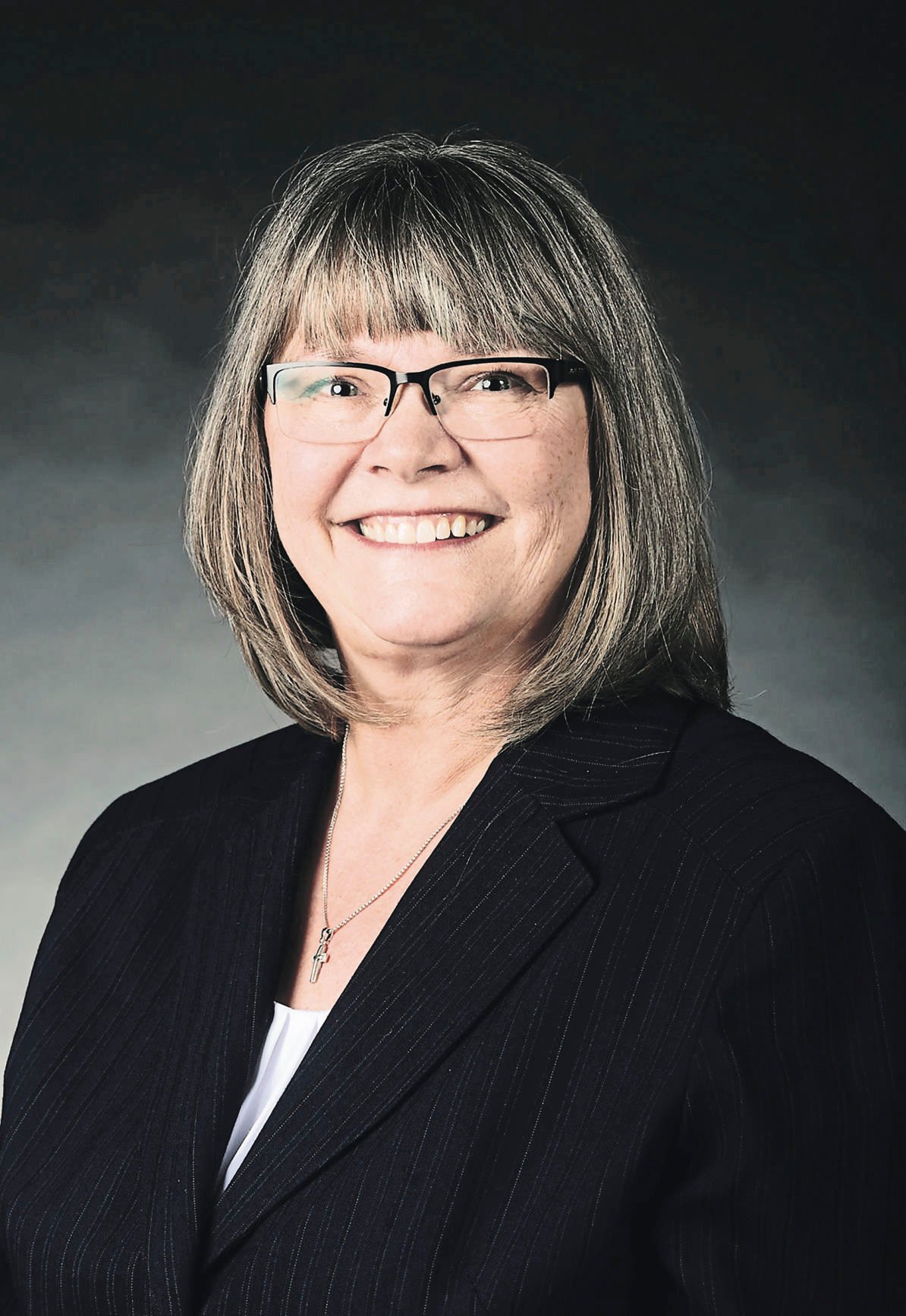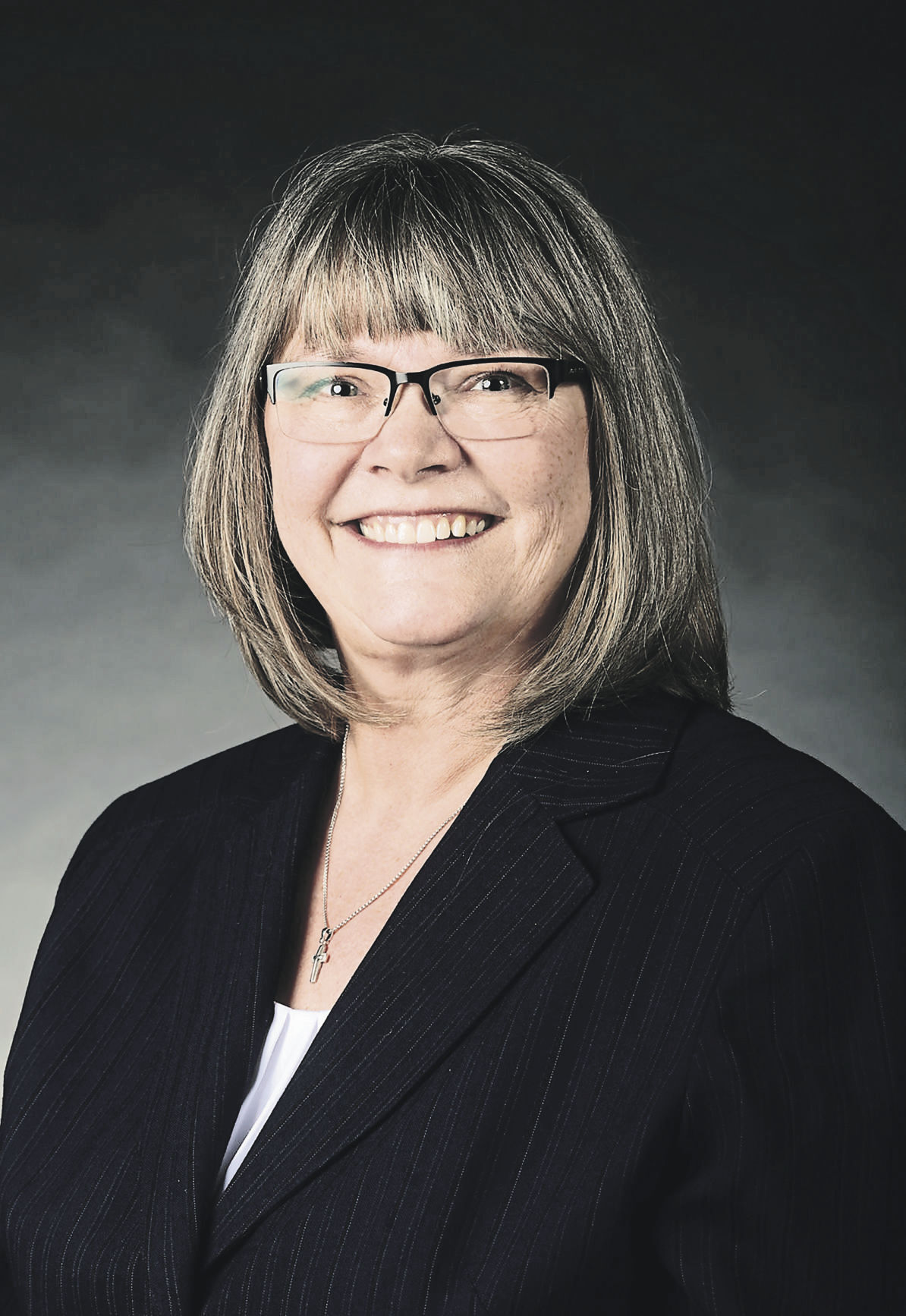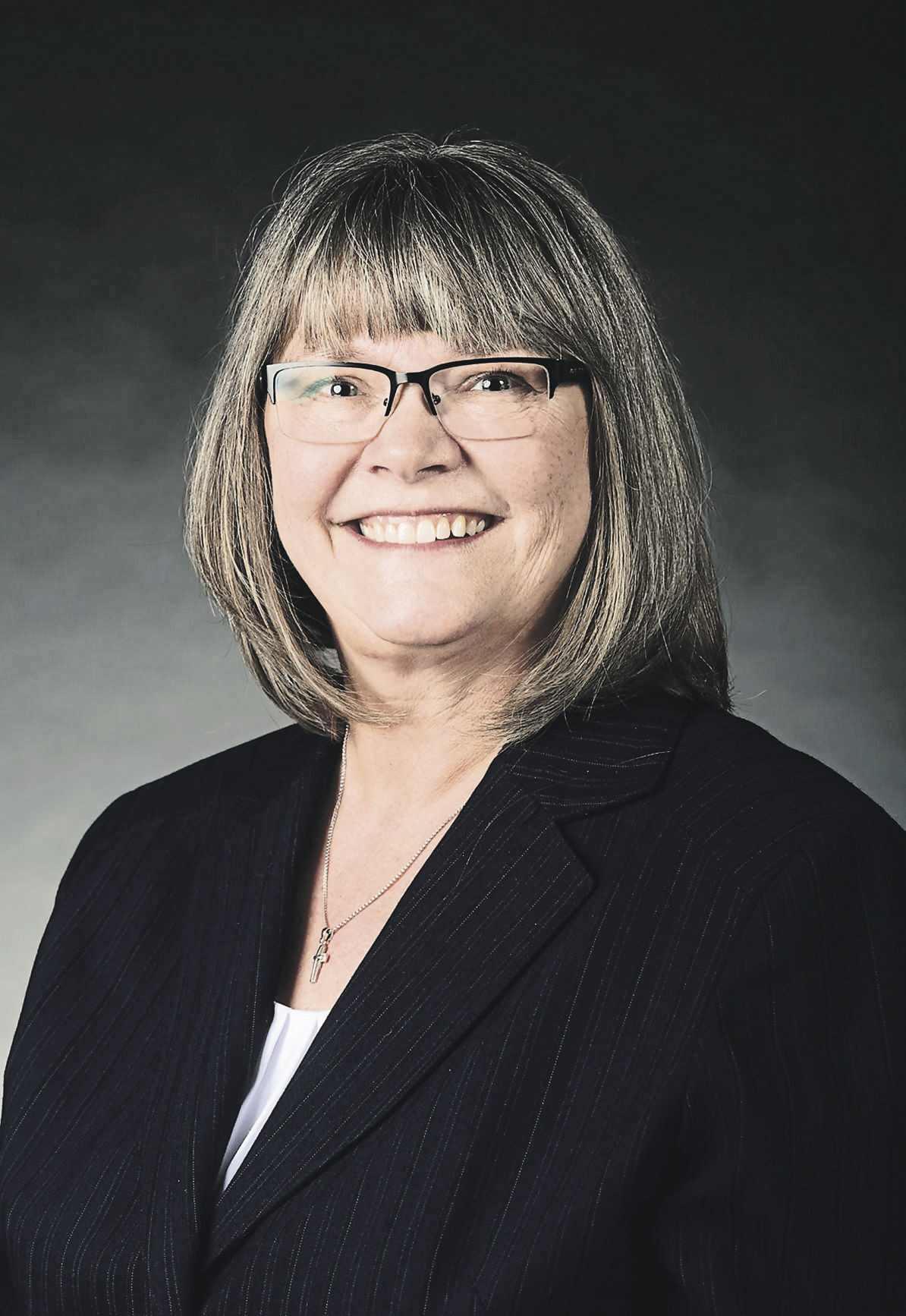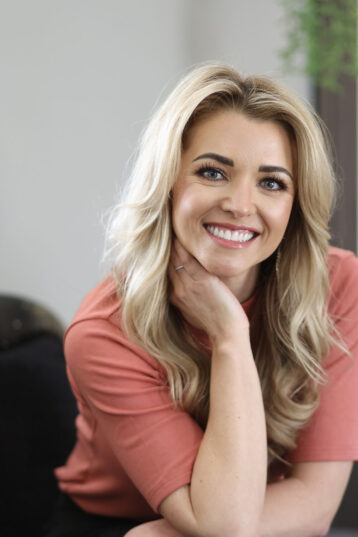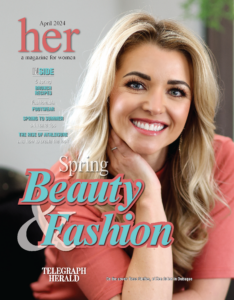“Be the one who nurtures and builds. Be the one who has an understanding and a forgiving heart, one who looks for the best in people. Leave people better than you found them.” — Marvin J. Ashton
Healthy relationships with family, friends and other loves ones can be a significant source of comfort, support and love.
One of the difficult challenges during the pandemic is that we have had to find ways to stay connected with limited time together. Most have us have been creative in doing this virtually because we know that healthy relationships do not just happen by themselves.
In addition to that dynamic, caregiving is a demanding and comprehensive role. Most caregivers I work with tell us that relationships ebb and flow. Many develop new friendships with fellow caregivers who understand what it is like to be a caregiver. Fellow caregivers often share a natural and mutual bond of understanding.
Here’s how:
Step 1: Identify relationships
According to anthropologist Robin Dunbar, human brains have a limit on how many meaningful relationships they can maintain effectively. Dunbar says most people can have up to five intimate bonds such as spouses, children, best friends and so on.
With five key relationships in your life, the caregivers who I work closely with tell me that they need to prioritize their time now that caregiving is in play. Typically, they cannot have as many relationships as they had in the past. They tell me that they choose quality relationships over quantity. Which relationships are the most important to you?
Step 2: Design a plan to keep those relationships strong
Your plan doesn’t need to be elaborate. Perhaps you go for a walk together every Saturday morning, have lunch together once per month at your favorite lunch spot or FaceTime a couple of times per month to stay connected and catch up on your lives. Whatever your plan, make sure all your most important relationships are included.
Examples:
Spouse: Make a date night twice per month.
Best friend: Go to lunch once per month.
Daughter: Talk on the phone once per week.
Son: Meet halfway for lunch once per month.
Neighbor: Take your dogs for a walk once per week.
This might look like a lot of relationship building, but if you identify the most important relationships, then you can be assured that this is time very well spent. It is strategic and important to you. It is fun, supportive and collaborative. You know that you are doing this because it matters to you.
Step 3: Work your plan and enjoy
Let’s say the plan worked every month. Your relationship with that person is maintained and nurtured. You dedicate the time with them and protect the time on your calendar. You let the relationship flourish with something fun and good for you. You will be glad that you worked your plan. It has important and lasting benefits.
Laura Nissen is an Alzheimer’s Association volunteer who advocates for those with memory disorders. She works with families to help them learn the skills of caregiving. She also serves as a community educator, caregiver support group leader and Memory Café leader for the Alzheimer’s Association.


